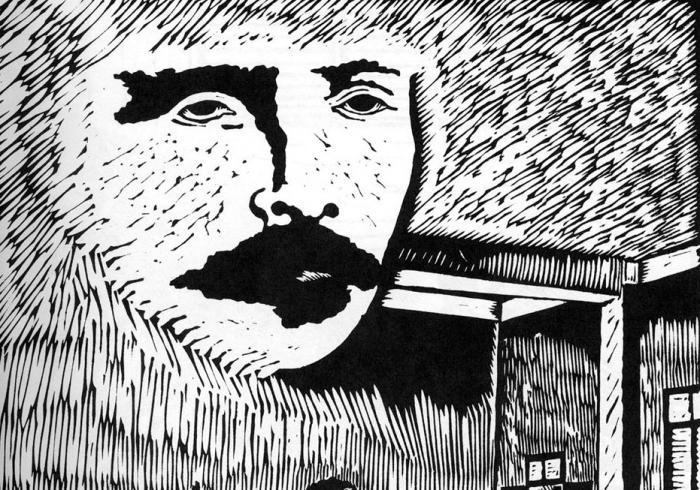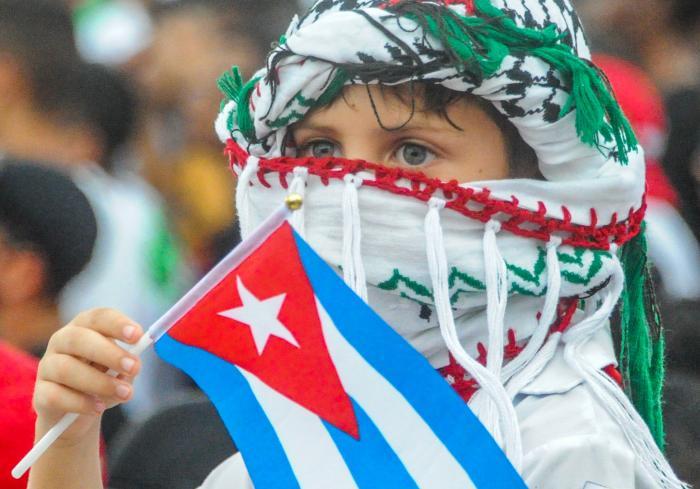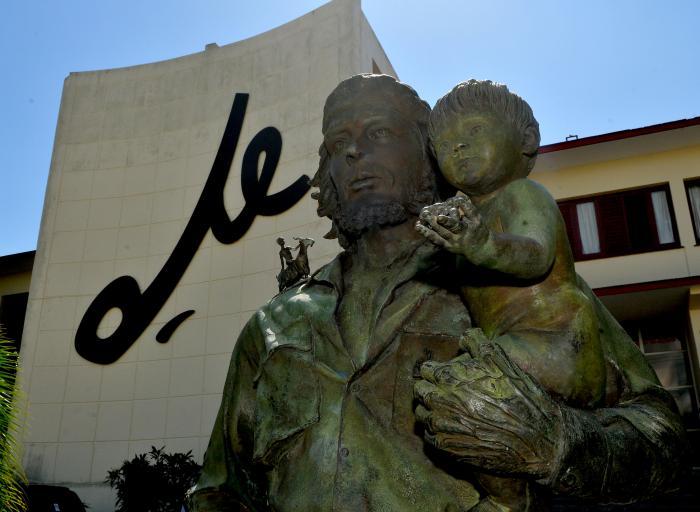

Photo: Drawing by Antonio Canet.
Fidel Castro interpreted the nature of law, on the side of life and human dignity. When he united his profession as a lawyer with his revolutionary leadership, he starred in an act and bequeathed a document with a beacon light for the future of his country and the freedom of the world.History Will Absolve Me transcended as Fidel's self-defense plea for the Moncada events. But we would settle a debt if we were to remove the prefix from the word "defense", because he also assumed that attitude towards his comrades in struggle and towards the people. He even called the honor of the military, mere shields of tyranny.He detailed the ruses to silence his voice during the trial of the assailants, for his evidence to dismantle the slander directed at the Movement and reveal the crimes against its members, and even against the civilian population of Santiago de Cuba.The truth, although focused on the sight of weapons, reversed the accusers and defendants to prepare a sentence dictated by the masses shortly after five years, as the plea warned, with great confidence in the popular support. Guided by an enormous sense of justice, the Commander-in-Chief turned more than once to his teacher José Martí, whose doctrines he shared with his brothers of dreams and risks. How much of The Political Prison in Cuba lives in that act of defense?When Fidel declared, about the soldiers of the regime, the purpose of "fighting alongside him, as the brothers they are, and not in front of him, as the enemies they want them to be," he upheld the same principles raised before the Necessary War: "the Cuban salutes in death the Spaniard whom the cruelty of the forced exercise uprooted from his home and his homeland to come to murder in the breasts of men the freedom he himself craves."The leader of the Revolution mentioned the first five laws in the agenda of a transforming government and described the desolate national panorama, focused on six fundamental problems. He also extolled the sacrifices of the members of the Movement.Without claiming vengeance for priceless lives, taken between shootings and torture, he recognized the achievement of the happiness for which they gave up everything as the only price worthy of rewarding their death.When the mystery of the Apostle seemed to abandon us in the year of his centenary, a group of young people ran to save him, and one of them told us about his cause with the intransigence of the Baraguá protest and with ideas at the height of texts like Our America.





